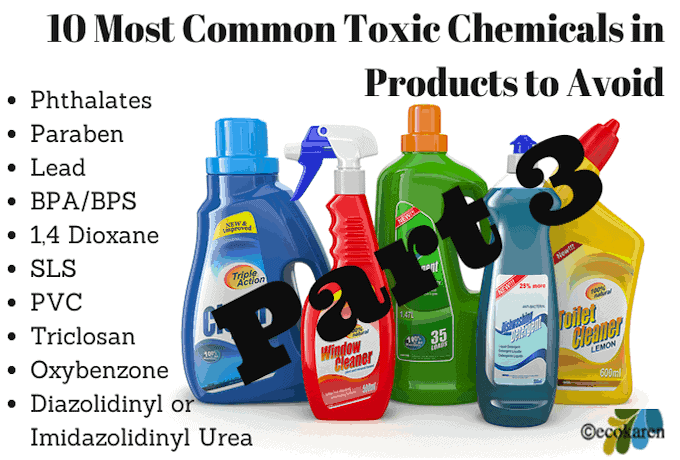
Read about Phthalate, Paraben, and Lead in Part 1. BPA/BPS, Formaldehyde and Polyvinyl Chroride (PVC) in Part 2.
10 Common Toxic Chemicals to Avoid - Part 3
PVC is an odorless hard plastic. It contains high level of chlorine, another very highly toxic chemical to humans when exposed. Phthalate and BPA are added to PVC to make it more pliable and flexible to make household items like children's toys, garden hoses, recreational children's pool toys, raincoats, toys, shoe soles, shades and blinds, upholstery and seat covers, shower curtains, furniture, carpet backing, plastic bags, videodiscs, and credit cards. If you can smell 'plastic', that means, it's PVC with Phthalates and BPA. Because PVC has high level of chlorine, dioxin is produced during manufacturing, burning or landfilling PVC. Exposure to dioxin can cause developmental or reproductive health problems. PVC dust exposure can cause lung damage or asthma.
How can you avoid it?
- Do not buy products that 'smell' perfume-like. Most likely, that's Phthalate.
- Use cotton duck cloth or hemp shower curtain.
- Buy children's toys that are made with recycled wood and not plastic.
- Be careful of buying children's toys from thrift stores or garage sales. Make sure they are not made with PVC.
- Do not drink water from the garden hose if you are not sure if it's made with PVC.
This ubiquitous "antibacterial" agent can be most commonly found in: soap and dishwashing liquid, sponges, personal care products, toothbrushes, cutting boards, clothing and even on toys. Contrary to the claim that it kills bacteria, Triclosan has been linked to creating antibiotic resistant superbugs causing health problems in humans. It is linked to liver toxicity with thyroid dysfunction. Also, it has been found to be harming fish and aquatic life as Triclosan is not completely filtered out of our sewer system. In addition, it is turning up in breast milk and could potentially present toxicity to fetal development and childhood development.
Further, studies have shown that Triclosan does not provide any more protection than washing with plain soap and water. Most recently, Avon Cosmetics company announced to phase out Triclosan from their products due to consumers pressure. A step in the right direction.
How can you avoid it?
- Do not use antibacterial products, especially soap.
- Wash your hands often with plain soap and water.
- Watch for Triclosan or Triclocarban, its chemical cousin.
Diazolidinyl and Imidazolidinyl Urea
Used in cosmetics as a preservative, both are similar in chemical structure and have been found to release formaldehyde, a classified carcinogen. They are found in skin care products, shampoo, conditioner, bubble baths, baby wipes and household detergents. Some people have allergic reaction and can develop contact dermatitis.
How can you avoid it?
- Avoid any products with these two chemicals as they release formaldehyde even if you don't have an allergic reaction to them. Use natural soaps and shampoos.
Oxybenzone is most commonly present in sunscreens. But it's also present in nail polish, lip balm, hair colors, hair sprays, etc. It's highly absorbable and accumulative. It can cause endocrine disruption, cellular or biochemical changes, and even endometriosis.
How can you avoid it?
- Avoid any products that contains Oxybenzone. It can accumulate in the body so if it's present in 5 different products you use in one day, they will accumulate in your body.
- Use mineral sunscreens that create a barrier on the skin and reflect UV rays instead of being absorbed.
*****
This concludes the three part series on 10 Common Toxic Chemicals To Avoid. Obviously, there are thousands more chemicals that we should be aware of. Check this 100+ chemicals list from Safer Chemicals and Healthy Families so you can make sound judgement when shopping. I know it can get daunting but once you get in the habit of using safer products that you can trust, you won't need to know what toxic ingredients you have to avoid. Find those you trust and stick with them.
Being an educated shopper saves your family from myriads of health problems. I hope this list will help you keep your loved ones healthier.

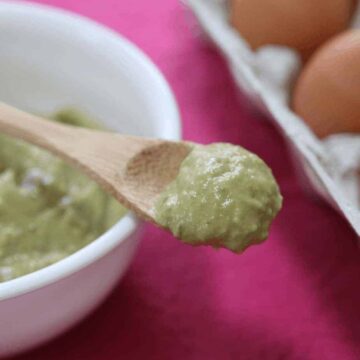
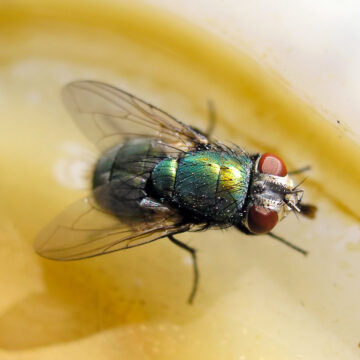
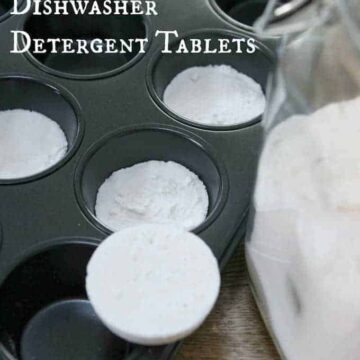
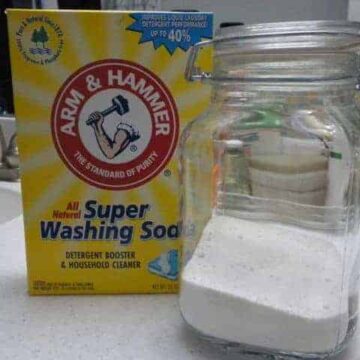
ecokaren says
Lindsay Dahl Thanks Lindsay. You and Safer Chemicals and Healthy Families inspire me so much. And I thank you for all you do!
retrohousewife5 says
I freak out a bit when I see people drinking from garden hoses. So many toxic chemicals! We got one that is lead-free, they aren't cheap though and I still wouldn't drink from it.
Janelle Sorensen says
PVC is the worst!!
Thanks for putting together such an informative series!
Lindsay Dahl says
Wow, you're on fire! More great info, I'll be sure to share.